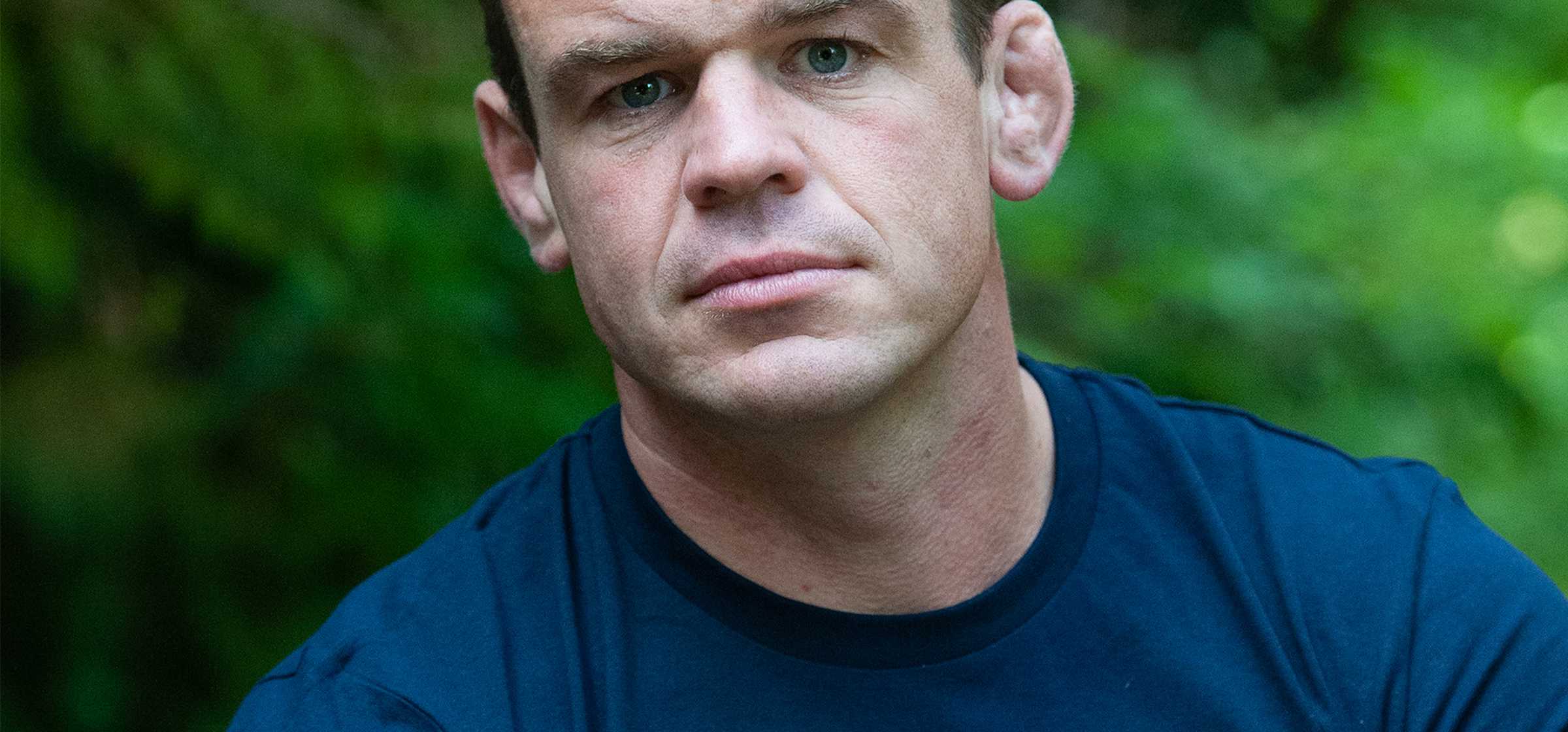5 valuable lessons in resilience

Posted by Richard Sharp 09th October 2020 Opinion
Estimated Reading Time: 5 mins
Richard Sharp is a former Royal Marines Commando, serving two tours in Afghanistan during his eight-year career. Since 2017, he has been CEO of RE:ACT, during which time the charity has deployed internationally in response to disasters in The Bahamas and in Mozambique, as well as on its largest operation to date – its continuing UK emergency response to Covid-19. Here, Richard shares his valuable lessons on resilience, drawn from his personal and professional experience.
For the vast majority of us, 2020 has been a challenging year. Directly and indirectly, the Covid-19 pandemic has had a profound effect on our lives. It has resulted in a tragic loss of life, ripped up the political and fiscal rulebook, created job losses and huge economic uncertainty, and placed severe restrictions on everyday life.
With all of that to contend with, it’s no wonder many of us are feeling the mental strain. As people search for coping strategies to help them through the uncertainty, resilience has become a popular phrase at many boardrooms and kitchen tables.
At RE:ACT, where resilience is such a crucial part of what we do and how we operate, we felt it was important to share some insights to help organisations and individuals understand what resilience is, and how it can be developed.
1. Resilience versus robustness
Resilience is not just about being able to weather the blows time and again – that is being robust. Robustness and toughness are important layers in resilience, but robustness alone is not a sustainable strategy. Even the toughest of people will eventually break down.
resilience is not a personal quality or characteristic, but a series of deliberate acts and behaviours.
Instead, resilience is constructed, layered year after year through new experiences, from how we approach the challenges in our work and life, and the way we care for ourselves and the people around us. Therefore, resilience is not a personal quality or characteristic, but a series of deliberate acts and behaviours that combine to create a sustainable structure that we implement into our lives, so that we can withstand the shocks of the present and future.
2. Proactive and reactive resilience
Some people believe you can only build resilience by living through deeply traumatic or extreme events, but you don’t have to experience a ‘big life moment’ in order to acquire resilience.
Everyone’s resilience is different, and comes from understanding and reflecting on our own strengths and weaknesses, and knowing what makes us tick. Even if you don’t think you have much resilience or suffered any trauma, it’s highly likely that at some point in your life you’ve been through a painful or stressful ordeal. The fact that you got through it and survived means you can learn from it and apply those lessons.
We can also take steps to proactively build our resilience. For example, you can put yourself in uncomfortable situations every day at work by accepting accountability for things, and then pushing through and delivering results. That builds resilience, it builds experience, and it builds the knowledge that you can deliver hard things under difficult circumstances. You can also apply lessons learnt by other people; you don’t have to learn everything through your own actions or mistakes.
Each of us needs to invest in building and maintaining our own resilience.
Whether earned or learned, taking accountability is critical for resilience at both an individual and organisational level. Each of us needs to invest in building and maintaining our own resilience. Mental and physical wellbeing are hugely important in that, so look after your mind and body, eat healthily, exercise and ensure you rest and recover. Being in a good state of mental and physical health means that you’re better prepared to cope with what’s coming.
3. Prepare for a shock
By their nature, crises tend to be unknown or undefined until they occur. Essentially, they’re sudden, often unexpected shocks.
It could be a virus pandemic, a natural disaster, a systemic failure or a personal ordeal. They can affect whole populations, organisations or an individual. They can be a literal matter of life and death, or something that figuratively feels like it.
What all crises share in common is exposing vulnerabilities and fragilities that create dangerous and difficult situations. Resilience enables you to mitigate and manage those situations, but you cannot avoid them.
The military has an acronym for everything, and one that is particularly pertinent for crisis situations is VUCA – Volatility, Uncertainty, Complexity, Ambiguity. It requires a methodology of thinking that drives the behavioural and organisational approach for operating in the VUCA environment.
part of developing resilience is accepting that the world is volatile, changeable and chaotic.
You might think that you do not regularly operate in a VUCA environment like the military does, but part of developing resilience is accepting that the world is volatile, changeable and chaotic, so shocks can, and will, happen. We are all living in a VUCA environment.
That doesn’t mean living our lives constantly on edge. It just means when a crisis does occur, because we’ve prepared ourselves that something like this could happen, and because we’ve worked on increasing our proactive resilience, we’re better able to withstand it and potentially thrive in it.
4. Focus on what you can control
Dealing with a crisis can be a lot like putting together a puzzle; except the puzzle doesn’t have all the pieces, and the picture keeps changing.
Often, we can feel overwhelmed by volatility and uncertainty; that things are moving too fast. But things are never really as bad as they seem. You don’t need to see the whole picture, just focus on the piece in front of you. Find perspective and keep focused on moving forward. You have to be agile in uncertain situations, and it’s clarity of thought and focus that matter.
5. Be in a constant planning cycle and empower decision-making
In a fast-moving crisis, indecision is the enemy. If you wait too long and get bogged down by details, process or bureaucracy, by the time you make a decision the problem will have moved on. By choosing to do nothing you are in fact choosing to do something; you are choosing to give away time, and in a crisis, time is our greatest asset. Don’t waste it with indecision.
Organisational bureaucracy and processes are designed to slow down decision-making to protect against errors and individual behaviours, but this is when people and organisations can become overwhelmed in crises, as they spend all of their efforts and resources solving problems that no longer exist, making no progress towards successful end states.
No plan survives first contact with the enemy is an age-old adage in the military. You can have the greatest minds preparing the most detailed plans and try to cover all bases. You won’t.
No plan survives first contact with the enemy is an age-old adage in the military. You can have the greatest minds preparing the most detailed plans and try to cover all bases. You won’t. The situation will change; sometimes dramatically. If you try to plan for everything and execute every plan to the letter, you will fail. Rigidity makes you less resilient and more vulnerable.
Having the ability to make quick pivots and be agile requires you to nurture that behaviour. When you come to a tough decision, you need to entrust and empower decision-making down to the lowest possible level to ensure action is taken at the speed of relevance, not after the event.
To successfully achieve this, you need to invest in culture, and build a team with a shared understanding, aligned to a common vision. If you give empowerment without understanding you get risk; if you give understanding without empowerment you’ve got frustration. It’s about finding that balance point and, as always, being proactive.
Building resilience doesn’t happen overnight, it takes effort and discipline, but the good news is it’s never too late to start and it can have an immediate impact in helping you to manage crises.
Help us continue our life-saving work at home and overseas. Please give what you can.
